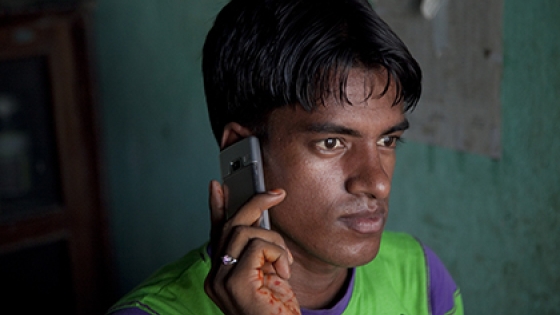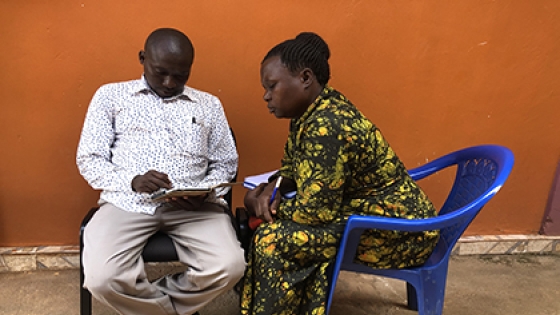Bloomberg Philanthropies Data for Health Initiative at JHSPH

Noncommunicable Disease Risk Factor Surveillance
Increasing use of mobile phone ownership, access and use in low-and middle-income countries allows for their use in data collection for non-communicable disease (NCD) risk factor surveillance
Design and Delivery of Effective Mobile Phone Surveys
D4H designs and tests mobile phone surveys for effective delivery to general or selected populations through different modes including computer assisted telephone interviews (CATI), interactive voice response (IVR) and short message service (SMS).

Launched in 2015, the Johns Hopkins Bloomberg School of Public Health's (JHSPH) Data for Health Initiative (D4H) conducts research and development to inform the future design and delivery of mobile phone surveys in low- and middle-income country (LMIC) settings. The project is funded through a grant from the Bloomberg Philanthropies and the Government of Australia.
The JHSPH component of Bloomberg Philanthropies Data for Health Initiative is part of a global effort to improve availability of health data through strengthening civil registration and vital statistics (CRVS) systems, expand current non-communicable disease (NCD) risk factor surveillance efforts, and encourage governments to make data-informed policy decisions and public health investments in LMICs.
The JHSPH team collaborates with NCD and Epidemiology experts from the Centers for Disease Control and Prevention (CDC), the CDC-Foundation, the World Health Organization (WHO) and low-and middle-income countries such as Bangladesh, Colombia, Tanzania and Uganda. Together, these partners contribute to the Bloomberg Philanthropies' objective to support countries in generating quality data more frequently at a lower cost. This leads to better programs, improved health outcomes, and better quality of life for people in the partnering countries.
Learn more about Bloomberg Philanthropies Data for Health Initiative .
